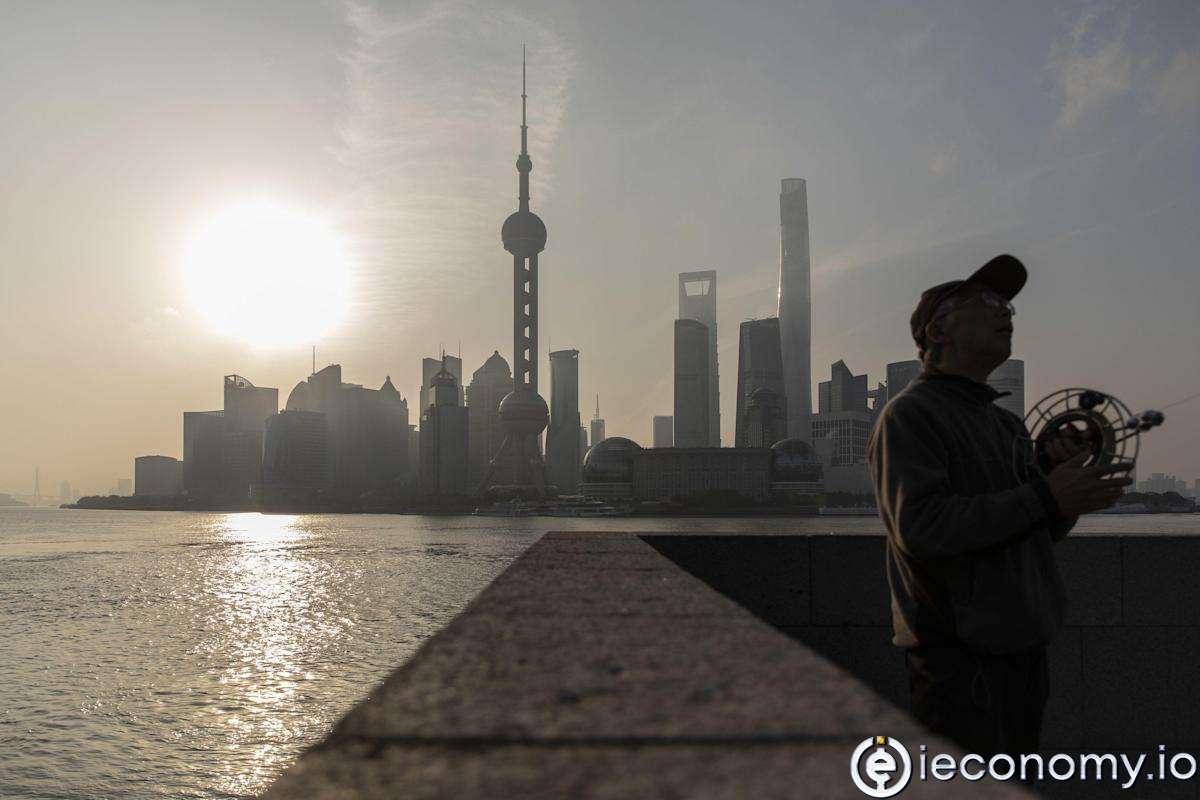2366
0
China's Communist Party wants to tighten the country's financial sector
China's Communist Party wants to tighten the country's financial sector. Even executives can be sentenced to death.

Yazar: Tom Roberts
Yayınlanma: 13 Ekim 2021 01:25
Güncellenme: 23 Şubat 2026 12:35
China's Communist Party wants to tighten the country's financial sector
China's Communist Party wants to tighten the country's financial sector. This month it ushered in a new round in her campaign to expose corruption, bribery and illegal activities. The Central Disciplinary Commission of the Communist Party (CCDI) announced that it was about a comprehensive "political review". As part of around two-month inspections, the party's top corruption hunters want to screen more than 20 institutions, including China's central bank, banking and insurance regulators, stock exchanges, as well as commercial banks and asset managers. China's head of state Xi Jinping wants to examine the connections that state banks and other financial institutions have entered into with large private corporations. This was reported by the "Wall Street Journal" on Monday, citing people familiar with the plans. The CCDI's corruption hunters are supposed to be on the lookout for violations of political discipline - which in party jargon is used to describe corruption cases. China's chief corruption hunter, Zhao Leji, called for thorough investigations at 25 state financial institutions and regulators at the end of September. The financial sector was last extensively scrutinized in 2015. Hundreds of bankers and managers had been reprimanded or fired at the time. The offenses included organizing banned internal banquets or customer-sponsored vacations. The first consequences of the new campaign have already become public: The CCDI announced on Monday that the former chairman and party leader at Chang'an Bank in the Chinese province of Shaanxi had been expelled from the party and from public office for corruption. Four years ago, former insurance supervisor Xiang Junbo was forced to vacate his post after an investigation. In 2020 he was finally sentenced to eleven years in prison. In January this year, former top banker Lai Xiaomin was executed in China. The former head of the finance company China Huarong Asset Management was found guilty, among other things, of accepting 1.79 billion yuan (the equivalent of around 240 million euros) in bribes.İLGİLİ HABERLER





European stocks soared and focus shifted to German retail sales after Powell's speech!

Forex Signal For TRY/USD: Inflation Slowdown in November.

Forex Signal For GBP/USD: Bullish Trend Still Not Breaking While Recovery Continues.

Forex Signal For EUR/USD: Starry US Data Points to Higher Fed Increases.

Forex Signal For BTC/USD: Downside Continues as Bitcoin Recovery Moves Less.
En Popüler Haberler
Yorum Yap
Yorumlar
Henüz yorum yapan yok! İlk yorumu siz yapın...